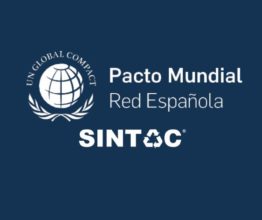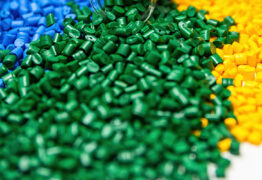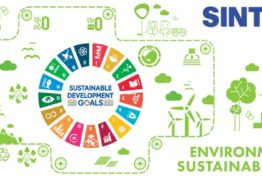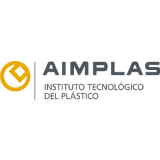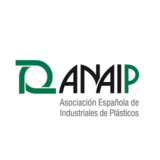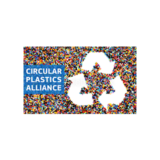Vicente Olmos talks about recyclates in AVEP magazine
The new issue of the AVEP Magazine is now available. The publication includes on page 5 an article by Vicente Olmos, CEO of SINTAC Recycling, in which he talks about the unfair demonization of plastics that has occurred in recent years, aggravated by the recent tax on single-use plastic packaging in Spain.
We encourage you to take a look at the new issue!

If the packaging contains recycled…the SCRAP adhesion fee will be subsidized.
The unfair demonization of plastics that has accompanied us in recent years, aggravated by Spain’s recent The unfair demonization of plastics that has accompanied us in recent years, aggravated by the recent tax on single-use plastic packaging in Spain, has our industry in a significant way, beyond the high energy costs and a long list of other common common with other sectors.
Even so, we are still here, surviving under very adverse conditions, with a regulatory framework, particularly for packaging, that is regulatory framework, particularly for packaging, clearly oversized in terms of administrative complexity. administrative complexity. As the AEDAF, the Spanish Association of Tax Advisors, said in September when it announced Tax Advisors, when it announced to the media that it had lodged a complaint with the EU about the plastic tax of the plastics tax because of its technical defects: “It is a badly designed tax, because companies are more and more companies are increasingly subject to formal obligations, they are being suffocated by all kinds of filings. The fact that a company waives the tax deduction for the cost of filling out the tax deduction because of the cost of filling out paperwork is completely absurd.”
Recent news that will surprise some people, demonstrates what we in the industry have been advocating: Plastics, not only are not only are plastics not only not bad, but they can be, and are, good for the environment and food safety.
A group of environmental NGOs, including EEB and ZeroWasteEurope, has just published a report in September entitled “Paper and board packaging in the food industry – the wrong solution to the packaging waste problem”, which exposes the risks and damage to the risks and environmental damage caused by the substitution of single-use articles made of plastic for those made of paper.
According to EUROSTAT’s Packaging Waste Statistics 2023, paper and cardboard is the main material responsible for total packaging waste in Europe (41.1%), a figure higher than the sum of the next two materials (plastics, 19.4% and glass, 19.1%). The production of is responsible for around 35% of all trees felled and is one of the world’s leading water-consuming industries; 3 billion trees are cut down each year worldwide (mainly in Brazil) to make packaging paper. While corrugated cardboard often contains high levels of recycled content, most food packaging uses virgin fiber.
In addition, a group of researchers from the University of Antwerp has published in the journal Food Additives and Contaminants their findings on paper straws, denying that they are more sustainable and environmentally friendly than plastic straws.
By legal imperative, the recycled content will be a criterion for calculating the “green point” rate, with a bonus the higher the recycled content.
It should be recalled that the EPR-Systems membership fees, payable by packagers as of 2025, must be eco-modulated, by legal obligation of RD 1055/2022. One of the modulation criteria must be recyclability and recycled content. The higher the recycled content of the plastic packaging, the lower the “green dot” fee. We are all going to prepare ourselves for this. The essential collaboration between the companies in the value chain, transformers and recyclers, will help us to get out of this, once again.
Courage, colleagues in the sector because, as you can see, there is light at the end of the tunnel!
Vicente OLMOS (CEO of SINTAC and Member of the Governing Board of AVEP)
